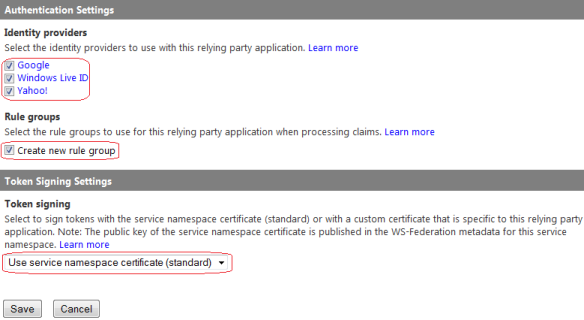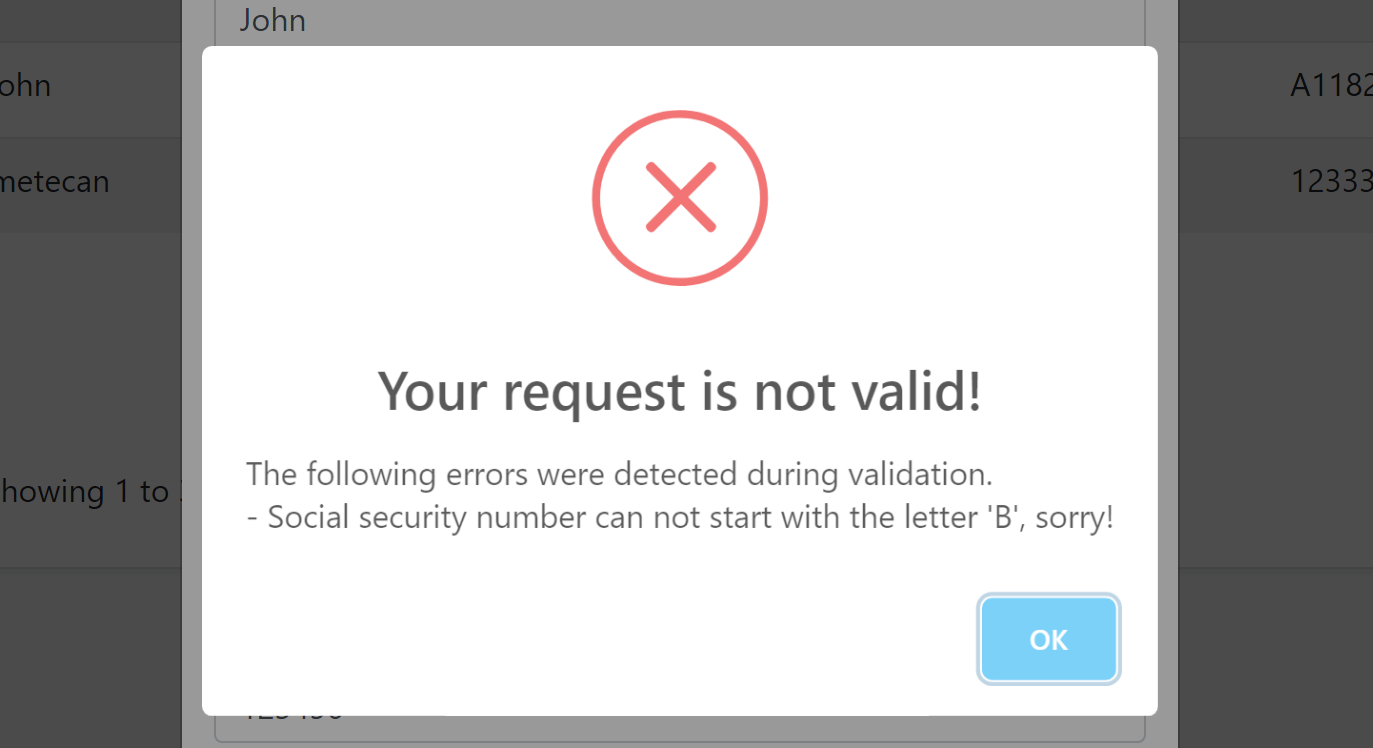How to add an entity list or entity form to page?
The traditional way to add an Entity List or Entity Form to a page to set the Entity List or Entity Form lookup field on the Web Page, and then to use a Rewrite -type Page Template that has the <adx:EntityForm> and <adx:EntityList> ASP.NET tags included on it.
Does the entityform liquid tag automatically pull the ID from the relationship?
The tag does not automatically pull the ID from the out-of-the-box relationship. It’s important to note that you can only have one of these per page – any subsequent uses of the entityform Liquid tag after the first one will be ignored.
When should I use entity permissions instead of parent permissions?
If that's a risk, and your actual requirement is to restrict all data for the Contact to only their immediate Parent and Parent's Parent, then you should be utilizing Entity Permissions.

Requirement
For example, let’s consider that when users select customers in a Customer lookup field, it should auto-populate selected customer entity data on case entity form fields such as customer email, mobile phone, company name, etc.
Introduction to OData
OData stands for Open Data Protocol. Dynamic CRM mainly uses Windows Communication Foundation (WCF) data services framework to provide OData Endpoint which is nothing but a REST-based data service.
Using a Rewrite Page Template and the Out-of-the-box Relationships
The traditional way to add an Entity List or Entity Form to a page to set the Entity List or Entity Form lookup field on the Web Page, and then to use a Rewrite -type Page Template that has the <adx:EntityForm> and <adx:EntityList> ASP.NET tags included on it.
Using the entityform and entitylist Liquid Tags
If you’re using Web Template Page Templates, then you have a different option: using the entityform and entitylist Liquid tags. These can be included in the Web Template used as the Page Template, or even directly in the Web Page content itself.
Custom JavaScript, and Liquid in Custom JavaScript Inconsistencies
The Rewrite Page Template options support including Liquid in the Custom JavaScript attribute for both Entity List and Entity Forms
